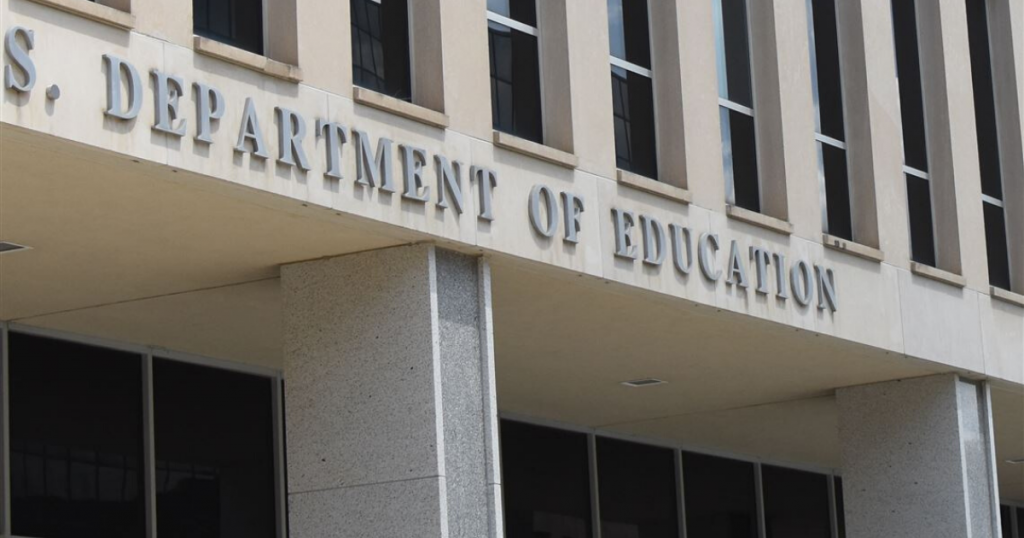A New Report Shows Benefits of Legacy Preschool Development Grant Program
Last week, the Departments of Education (ED) and Health and Human Services (HHS) released a progress report highlighting states’ progress in implementing the Legacy Preschool Development Grants (PDG). Congress appropriated funding for the Legacy PDG program in fiscal year 2014, and the U.S. Department of Education made grants to 18 states.
PDGs were competition grants awarded to states to increase access to high-quality early learning opportunities for 4-year-olds from low- and moderate-income families. Last week’s report found that these grants provided 25,000 additional children access to high-quality early learning experiences and a total of 49,263 children benefited from quality initiatives in 2017 in the states that received grants. In addition, 90 high-need communities were served by the program.
These grants provided states with flexible funding to create or improve their early learning programs. While states were able to use PDGs to suit their specific needs, the progress report highlights common practices that increased both quality and access. For instance, many states provided additional comprehensive services, such as access to physical, speech, and/or occupational therapy, and health services, implemented evidence-based professional development for staff, employed and fairly compensated teachers with a bachelor’s degree, limited class size, decreased child to staff ratios, and extended hours of operation from a half to full day. These reforms allowed states to serve diverse families in a variety of early learning settings from public schools, to Head Starts, to community-based organizations and to a diverse set of children.
The Legacy PDG program is different than the new Preschool Development Grant program created as part of the Every Student Succeeds Act in 2015. Unlike the new program, Legacy PDGs were not formally authorized in statute. By incorporating Preschool Development Grants in ESSA, Congress affirmed both the importance of early learning to the law’s goals of advancing equal access to education and the central role of states in leading early childhood coordination, quality, and access efforts.
As states prepare for the release of the new PDG Birth through Five funding opportunity announcement, it is exciting to see the progress states have made in improving the quality and access to high-quality early learning for 4-year-olds. States should continue to think about successes of their previous PDG application as they look forward to their upcoming applications. These new grants provide states with the opportunity to help coordinate early care and learning programs and services for children from birth to age 5.
You can read the full progress update here.
Subscribe to FFYF First Look
Every morning, FFYF reports on the latest child care & early learning news from across the country. Subscribe and take 5 minutes to know what's happening in early childhood education.


